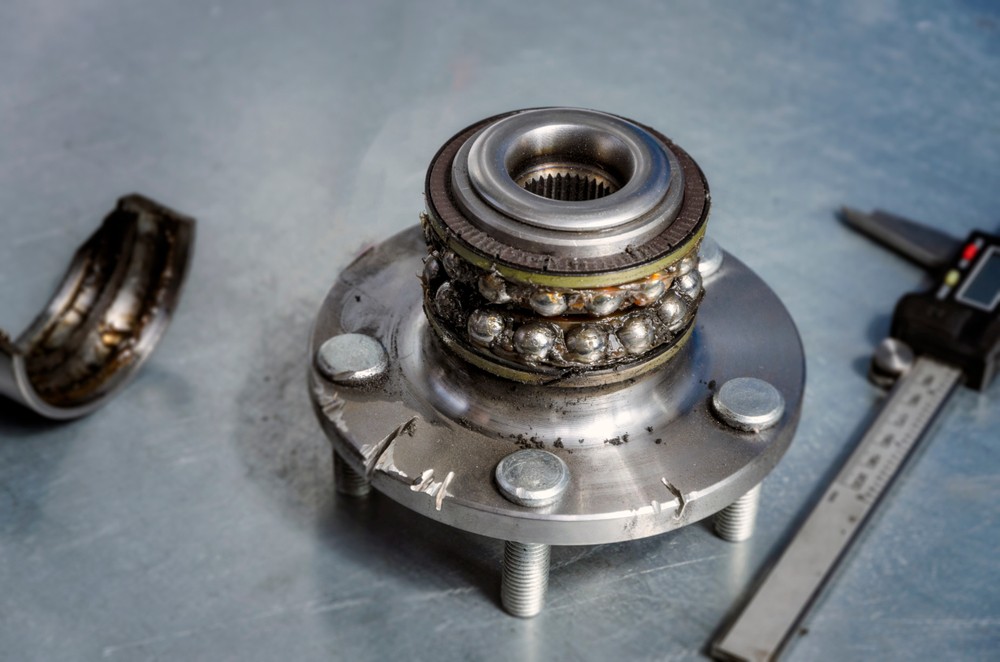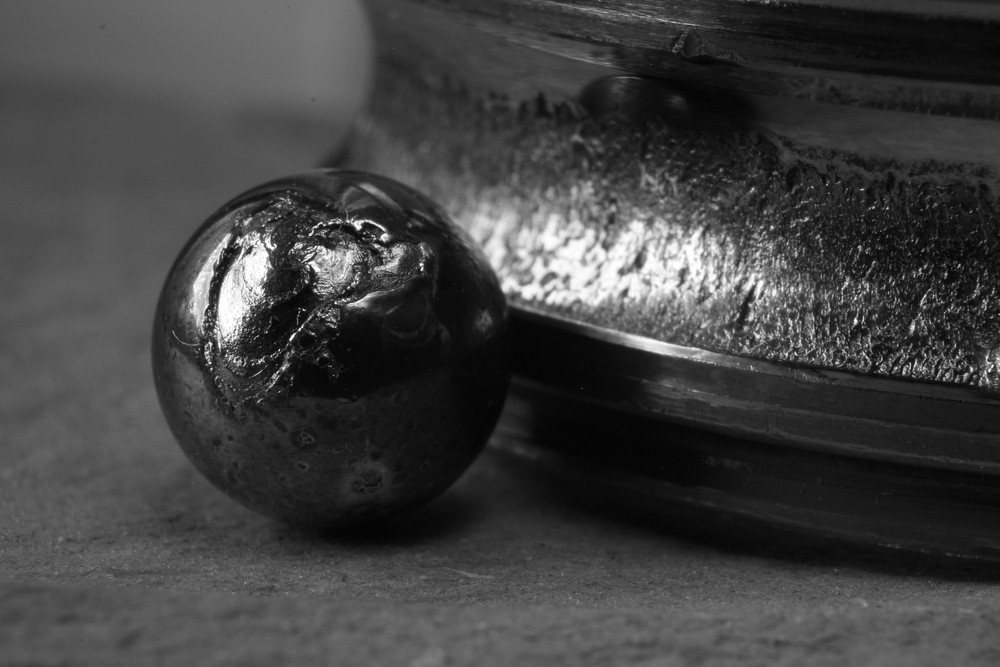Root Cause Analysis: Why Do Bearings Fail?

Bearing failures can be a costly and frustrating problem for any manufacturer. Frequent breakdowns and maintenance issues disrupt operations, lower productivity, and increase costs. To prevent bearing failures, you must understand the root causes behind them. This means becoming familiar with nearly a dozen failure catalysts.
Bearing failures result in breakdowns
Bearing failures significantly impact the reliability of manufacturing equipment, yet bearings generally are enclosed — out of sight, out of mind. It’s why many bearing faults and impending failures appear suddenly with little to no warning.
Regular maintenance checks are essential to ensuring the longevity and optimal performance of bearings. Routine checks of equipment can prevent premature bearing failure and the associated effects from protracted issues and sudden failures.
Why do bearings fail?
Bearings fail for a number of reasons. Some are the result of maintenance practices; others hinge on product quality or installation. Below are the top causes of bearing failure and their catalysts:
- Lubrication failure. Improper lubrication is the main cause of bearing failure. Remember to use the right type and correct amount of lubricant and maintain recommended relubrication intervals.
- Contamination. Bearings fail when foreign substances get into lubricants or cleaning solutions. Keep work areas, tools, and hands clean to prevent contamination of bearing housings.
- Improper mounting. Bearings typically should be mounted on the rotating ring with a press fit. Always follow proper mounting instructions and train employees on the correct installation protocol.
- Misalignment. From bent shafts to out-of-square calming nuts, numerous causes of bearing misalignment can lead to overheating and separator failure. Prevent misalignment by inspecting shafts and housings and by using precision lock nuts.
- Corrosion. Moisture or acid exposure, broken-down grease, and other factors can cause corrosion. Use proper bearing materials like stainless steel if you can’t avoid working in corrosive environments.
- Electrical damage. Prevent electrical damage, or fluting, by grounding or using insulated bearings.
- Fatigue. Fatigue, or spalling, is usually caused by overloading or an excessive preload. Replace bearings when necessary and consider utilizing bearings with greater fatigue life if failures are persistent.
- Overheating. Improper lubrication or high operating temperatures can produce overheating and eventually bearing failure. Employ thermal or overload controls and supplemental cooling to maintain an appropriate temperature.
- Excessive load. Bearings can take only so much, and excessive loading is a common cause of bearing failure. Reduce the load or consider using bearings with higher capacity.
- Fitment problems. A tight or loose fit can impact bearing integrity. Refer to your manufacturer’s installation guide and ensure proper clearance to prevent fitment issues.
Get to the root cause
Understanding the root cause of bearing failure is vital for maintaining efficient, safe machinery. Without addressing the underlying issue, repeated bearing failures can lead to costly downtime and compromise the integrity of the entire system. Consistent lubrication and maintenance checks are critical in preventing failures, but it’s equally important to identify the root cause of any previous failures.
By implementing preventative measures, manufacturers can avoid costly repairs, keep productivity at peak levels, and safeguard their workforce. Investing in the right products and staying on top of regular maintenance can save businesses significant time and money with regard to bearing performance and longevity.
